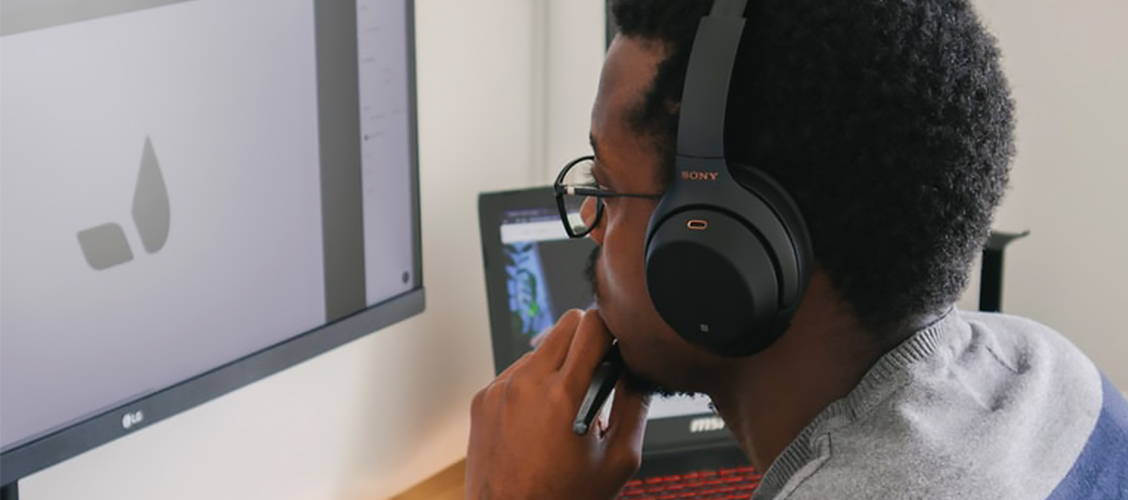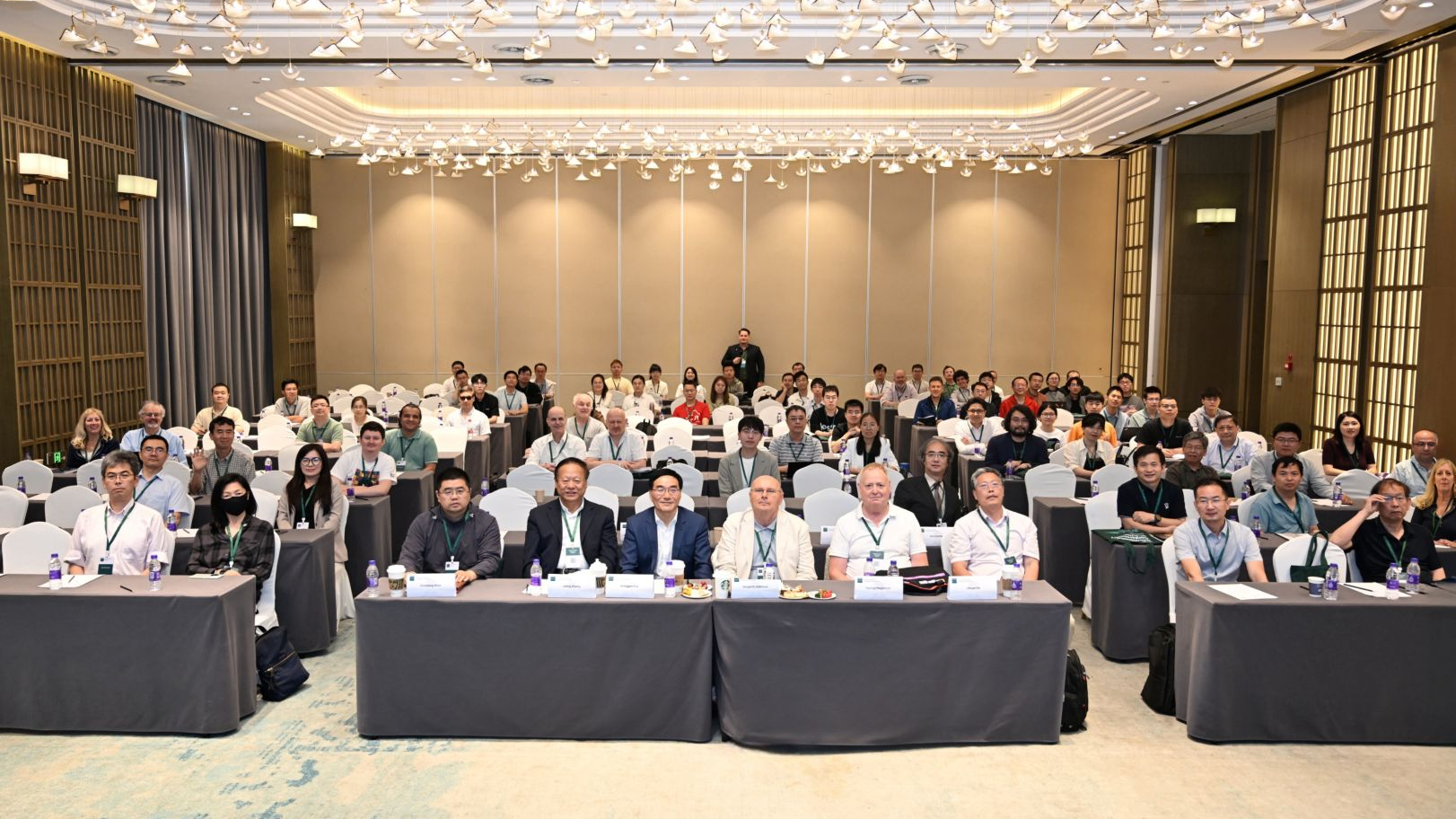
How Working from Home Has Changed Academic Life
Researching from home has gone mainstream! Many academics are now permanently switching to this new way of working. Our authors are important to us, and therefore we are taking the time to consider the impact that working from home has had on them.
Studies published in MDPI journals touch on this issue. A particularly relevant and revealing case study by Larisa M. Dinu et al. in Education Sciences focuses on the mental wellbeing of academics working from home. It highlights that while most of the academics surveyed were happy with the support that they had received, this was not the case across the board, and was affected by different factors, such as employment status, age, and faculty.
Another excellent piece of research covering this topic is ‘Not All Remote Workers Are Similar…’ by Donati et al., published in IJERPH. In the study, 163 Italian workers are divided into five clusters, all with different characteristics and ways of working. For example, the workers in cluster 1 had never worked from home before, whilst the cluster 5 workers were part of large organisations and found working from home better than working in the office.
The manuscript also mentions ‘technostress’, a term which was defined by Craig Brod in 1984 as a “modern disease of adaptation caused by an inability to cope with the new computer technologies in a healthy manner”.
Simone Donati, one of the co-authors of the IJERPH study, sheds light on the research and how academics have coped with working from home.
What challenges do academics face when it comes to working from home?
Simone Donati: Many of the challenges for academics are similar to the challenges faced by everyone. They must reorganise their working life, and try to find a balance with family routines.
During this period, academics have a new opportunity to focus their attention on their research. They are able to focus more on their research activity at home, rather than when they are working in the office.
In the office, there are many things that can disturb you. These can be noisy and distracting.
On the other hand, at home, there might be the presence of your child or children, which may be something difficult to manage. However, now that additional services are open, rather than last year when they were closed, I think that working from home can be a very interesting way to work. Remote working has become a very productive way to work. And there’s a lot of research on this topic that shows how working from home is very helpful for researchers and academic productivity.
How has technostress impacted you and your colleagues?
SD: To start with, we had to decide how to collaborate, and the university decided to provide us with a specific chat software, but this software was totally new to us. We were forced to learn how to use this new software and pay attention to the different coloured alerts; for example, a chat notification, or when someone is calling you. Particularly at the beginning, this was quite stressful for us, because we had to learn how to manage this method of keeping in touch.
How can academics minimise the disadvantages of remote working?
SD: Well, it will be fundamental for organisations and universities to develop listening and caretaking capabilities. They should ask their employees and researchers how they are living in the new hybrid world, and how they feel. They should also promote intervention and training courses for developing agile work skills; for example, digitalisation skills, or soft skills.
What interested you in home working?
SD: It’s one of the topics of my research group—Innovation, Change and Work Team in Organizations and Interfirm Networks. We are trying to find out the impacts of working from home on employees’ wellbeing and productivity.
In your research, you divide workers into five different clusters. Which cluster do you think that you belong to?
SD: I am lucky, and I belong to cluster number 5. I had the opportunity to work from home beforehand. So, I developed some very useful skills for remote working. I’m referring to, for example, time management skills; the ability to manage your responsibilities by creating a daily, weekly, or monthly planner.
Another important thing during this period, was the training that we had about effective communication. As a remote worker, you have to communicate better with your colleagues, and you have to be transparent with them. So, you have to communicate, what is your plan for the day? How and when can your colleagues get in touch with you so that you can work together?
On the other hand, at some points during the day, you have to focus on specific tasks alone. So, I think that remote working is a very interesting way to work, because you can decide how to manage collaboration time with your working alone time. Having previous experiences of this is a very important thing to pay attention to, because it’s a very important way to help employees to become effective remote workers.
Do you think that the trend of working from home will continue?
SD: [In my opinion], there will be an increase, but not as dramatic as what we have seen in the past. Probably, we will see a steady increase, but I think this increase will continue in the future.
What do you hope that future research on this topic will focus on?
SD: I think the next step could be to study how organisations can implement agile work programmes. The research should explore how different organisations have implemented and planned hybrid ways of working. I think the future of academics working from home could be more explorative. We have to learn more about this topic, and we have to find new concepts, and new ways to think about work by using different methods of collaboration. Now we have from home, at the workplace, and remote work, by, for example, commuting, or by using mobile technology… There are plenty of methods of collaborating and working within an organisation. We have to gather this information, before testing some models.
Further research
MDPI has over 400 journals, so you’re bound to find a home for your research. See our full list of journals if you are interested in submitting.










